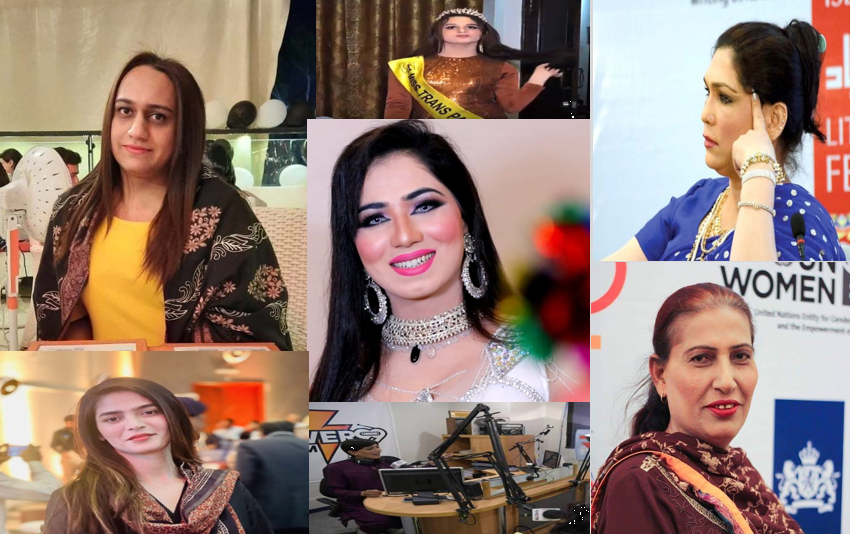By: Sabrina Alexander
In Pakistan, a country where traditional norms often dominate societal expectations, members of the transgender community are making historic strides to reshape their social landscape. Despite longstanding marginalization, these individuals are rising in fields like politics, entertainment, and community advocacy, challenging stereotypes and inspiring broader acceptance. Their efforts reflect a vision of Pakistan where people of all gender identities are respected and free to pursue their dreams.
Advocacy in Politics and Policy:
Several leaders have emerged within Pakistan’s transgender community, pushing for rights and representation in government and law. Activist and political candidate Nayyab Ali has become a powerful advocate for the social and political rights of transgender people. Her efforts to influence policy emphasize dignity, equality, and inclusion for all. By stepping into the political sphere, Nayyab challenges societal stereotypes, underscoring the place of transgender individuals in shaping Pakistan’s future.
Aisha Mughal, a government representative and advocate, has played a critical role in the development of the Transgender Persons (Protection of Rights) Act. This landmark legislation ensures protections in healthcare, education, and employment, while also allowing individuals to officially register as a non-binary gender (“X”) on government documents. Mughal’s work to clarify and reinforce this Act has been crucial in building understanding and support for transgender rights in Pakistan, ensuring the legislation does not conflict with existing laws.
Prominent activist Bindiya Rana has also spent decades working for the rights of transgender individuals, particularly in Sindh. Rana has campaigned tirelessly for legal reforms and pushed for increased representation of transgender people in government. Her journey from social rejection to respected advocate illustrates resilience and commitment, as she leads organizations that have established support networks for countless transgender Pakistanis.
Challenging Stereotypes in Media and Entertainment:
In the entertainment industry, figures like Shyra Roy are breaking new ground. As a singer and actress, Roy offers visible representation for the transgender community, demonstrating that transgender individuals can thrive in creative fields. Her presence in mainstream entertainment encourages young transgender Pakistanis to pursue their dreams beyond traditional limitations.
Radio host and activist Nadeem Kashish uses her media platform to discuss social issues and foster understanding. Through her broadcasts, Kashish addresses biases and challenges social stigma, creating conversations that help bridge divides. Her work exemplifies how the media can foster empathy and build a more inclusive society.
Redefining Identity and Self-Expression:
Other figures, such as Almas Bobby and Mehak Ali, bring attention to the transgender community in unique ways. Almas Bobby, a well-known politician, advocates for legislative reforms that address the needs of transgender people, demanding respect and equal protections under the law.
Stage dancer Mehak Ali uses performance as a medium to challenge restrictive gender norms. Her expressive art defies societal expectations and draws attention to gender identity issues. Through her work, Ali demonstrates the power of art to communicate identity and foster understanding.
Pioneers of Change at the Community Level:
Shahzadi Rai, a grassroots activist based in Karachi, has had a significant impact at the local level. Rai’s efforts focus on healthcare and employment support for transgender individuals, highlighting the everyday challenges many face. By working closely with communities, Rai has fostered a greater understanding of transgender lives and built support for their rights at a foundational level.
A Vision for Pakistan’s Future:
Together, these leaders are paving the way for a more accepting and inclusive Pakistan. Their work demonstrates that change is not only possible but happening, inspiring others to stand for their rights. While prejudice and discrimination remain challenges, these advocates show that courage and resilience can drive meaningful progress. Their legacies are shaping a future where every Pakistani, regardless of gender identity, is respected and valued. Through their efforts, Pakistan is witnessing a new chapter, one marked by visibility, acceptance, and hope for a brighter, more inclusive society.


